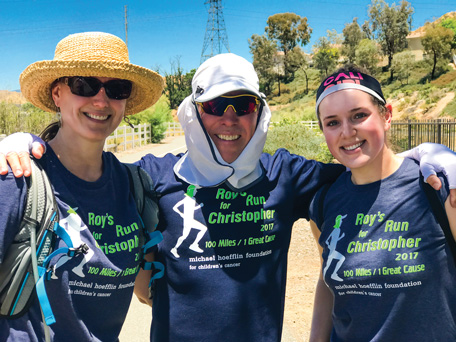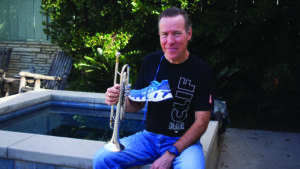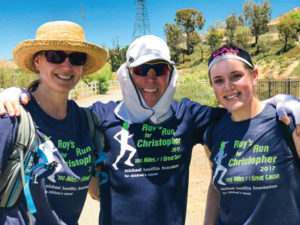Freelance musicians working in live entertainment venues have been among the hardest hit by the effects of the pandemic. Although the nature of this work has always been precarious, the pandemic has exposed structural problems that have long existed and that leave freelancers exceedingly vulnerable—the recent difficulties in accessing unemployment benefits is only the latest example. We simply cannot afford to go back to doing business as usual.
An increasing concern among freelance musicians was for the future of the venues themselves, and when the National Independent Venue Owners was formed to lobby for venue relief legislation, many were eager to offer their support.
As I listened to these discussions among musicians here in Washington, DC, I recalled the complaints I’d heard over the years regarding many of these same venues, complaints that primarily focused on the lack of a fair wage. Here was an opportunity to ask directly of these venue owners, “What are you willing to offer us in return for our support?” It is a paradox that the very musicians who are responsible for creating the content by which these businesses base their existence often feel powerless to advance their own economic interests. There is a Polynesian saying, “Standing on a whale, fishing for minnows.”
The opportunity remains at hand. The great venue relief effort is now underway. The federal Save Our Stages Act, through an intensive lobbying campaign, has been included in the recent Consolidated Appropriations Act of 2021 and been renamed Grants for Shuttered Venue Operators (SVOG).
In my home state of Maryland, Gov. Larry Hogan has approved a $30 million relief package for music and entertainment venues, including many who will be eligible for SVOG. What has been noticeably missing from these efforts is the assurance that any of this money will make its way into the hands of the musicians on whose performances these venues rely. Economic relief will be available to employees of these venues—the promoter, booker, stage manager, etc.—but not the musicians who perform there and make these other jobs possible.
I believe that musicians performing in these venues deserve a guarantee of fair wages and benefits, including access to SVOG relief funds. The pandemic has provided an opportunity to reset the fundamentals of this relationship. Under current labor law, venues are not required to sign contracts as the employers of musicians, but that doesn’t mean they cannot.
I have participated in Zoom meetings with an ad hoc group of musicians here in Washington, DC, both union and non-union, addressing the concerns related to this work. The conversation has started about what progress needs to be made on these issues. We can accomplish this if we work together and support each other. This is an opportunity to organize around these issues.
Now is the chance to position ourselves for the reopening that will inevitably occur. Once it becomes possible to safely congregate in public, audiences will flock to those spaces where they can once again enjoy live music—and they will do so in record numbers. Our performances will be an important part of the recovery story, and we deserve to share in that success.
Now is the opportunity to improve the standards for live music venue employment, which will value the work of musicians, compensate them fairly, and provide access to the benefits that have been so urgently needed.





